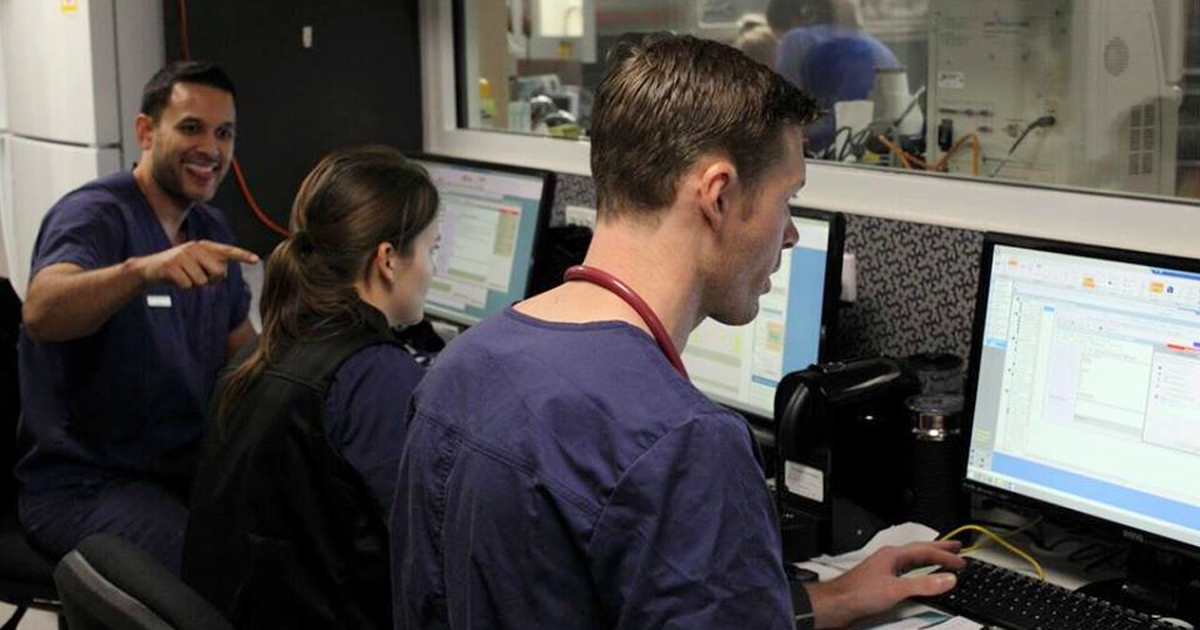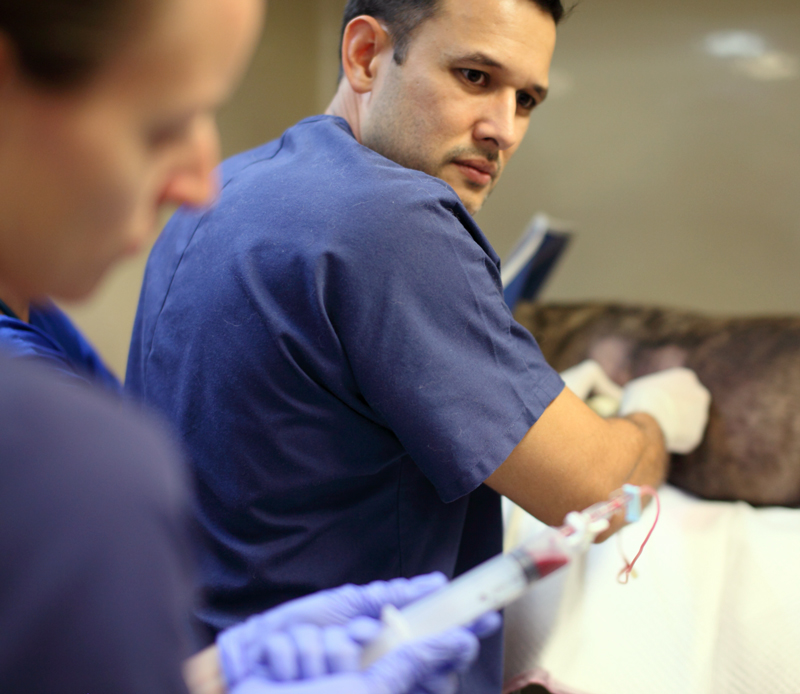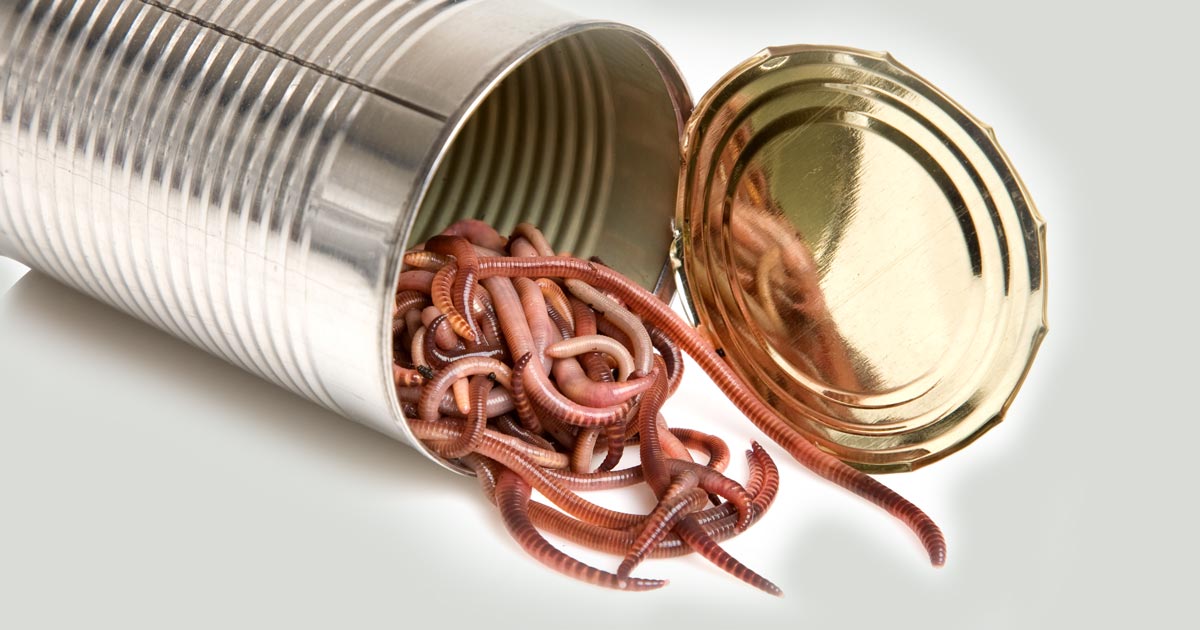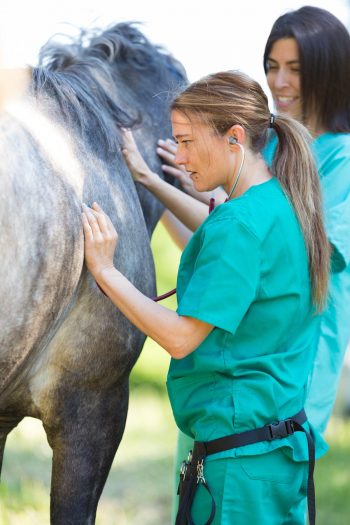After reading an article on “What veterinarians and veterinary students really want”, I’ve been assessing the top three things wanted from a veterinary role. After looking into work-life balance and a positive team environment, this article will explore mentorship.
It goes without saying, anything you can do to ease new graduate vets’ transition from studies to practice has huge benefits. I heard some companies are afraid of investing in their employees, as they are concerned they might leave and don’t see the value of their investment in that person. What I think is even worse is if that employee stays and you have not invested in their personal growth.
Simple structure
If we are talking about a clinical knowledge mentoring programme, it can be simple structure. The first and simplest step is a buddy system: team them up with someone experienced who can show them the ropes, and who they can go to for advice and support. Getting them to shadow their mentor for a couple of weeks before throwing them in the deep end is completely worth the money and resources invested.
The second step up would be a buddy system combined with a structured learning programme. This may be developed and run in house. At our hospital we have a programme called the “Accelerate Programme”. It is a 13-week course, each week focuses on a different topic, such as IV fluids endocrine emergencies and ultrasound. All new vets go through the programme.
Courses
The topics have associated readings with questions based on the readings. At the end of the programme is an exam. The readings started simple, we used review articles and textbook chapters – over time this developed into course notes written by graduates of the course. These graduates mentor new vets in the hospital and facilitate the programme.
Numerous online and externally run courses can be used if there is no capacity to run an internally driving course.
For me, mentoring goes beyond talking about clinical advice. As employers, we need to start creating career pathways for our teams; without a vision of what is possible for them they do not have a clue about how they can further contribute and what opportunities are available.
Pathway
The third step after a buddy system and a structured clinical learning programme is a pathway or mentoring associated with career progression. This is after the new staff member is completely competent in all the systems and processes, they are the right fit (this means they understand what they need to do, want to actually do it, have the capacity to do it, and fit the team and culture). From junior to senior, to coordinator or manager, show them what the pathway is, what they need to do and what they need to demonstrate to achieve that. If they are the right person they will do it.
The more we invest in mentoring and coaching our teams to their full potential, the more we benefit from increased productivity, loyalty, commitment and engagement. This boosts team morale, and means empowered and effective team members stay for the long run. A mentorship programme might be the best Christmas present you could give your staff.


 I have friends who stayed in workplaces with an unsupportive, negative culture and it has ruined their first impression – they did not leave quick enough. If you decide to stay then give yourself a deadline and start to take action.
I have friends who stayed in workplaces with an unsupportive, negative culture and it has ruined their first impression – they did not leave quick enough. If you decide to stay then give yourself a deadline and start to take action.
















 The RCVS clearly states vets are not legally allowed to prescribe pharmaceutical products for people, but they have no specific guidelines on wound treatment.
The RCVS clearly states vets are not legally allowed to prescribe pharmaceutical products for people, but they have no specific guidelines on wound treatment.